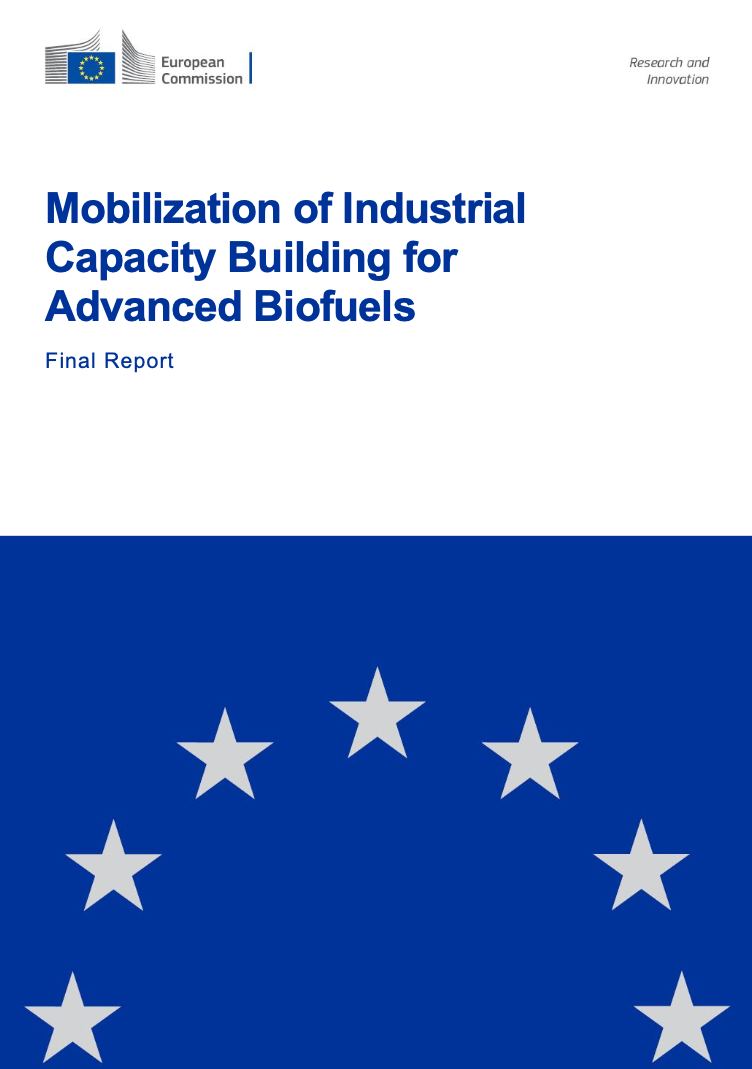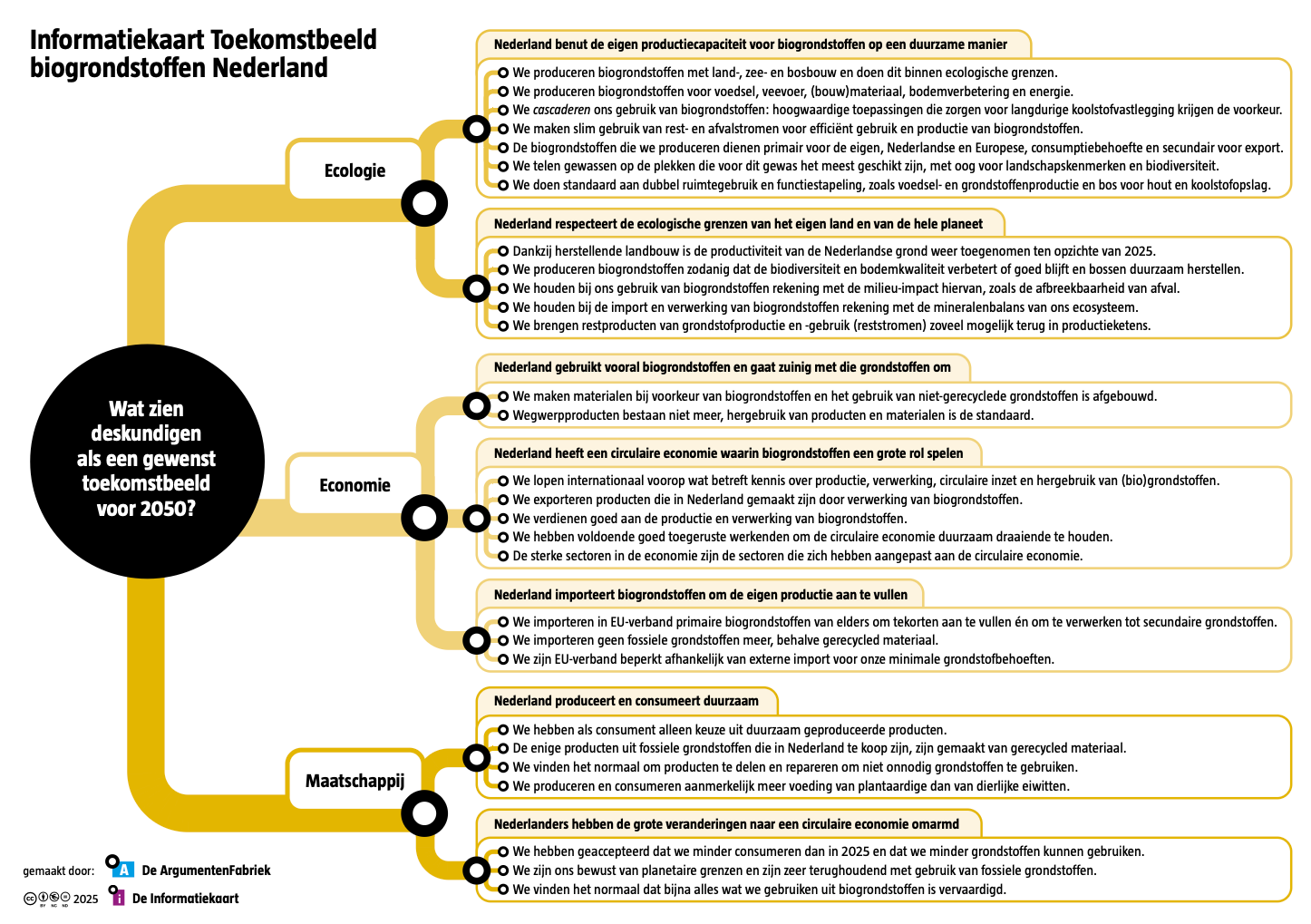Mola-Yudego et al: Priorities for the sustainability criteria of biomass supply chains for energy | 2024

Summary
- With the assessment of 122 international experts, this study identified the criteria perceived to have the highest preference when evaluating the sustainability of biomass supply chains.
- Two typesof distintct priority groups could be identified: environmental oriented groups and economic oriented groups.
- The environmental-priority group of experts provided average weights of 22% to economic criteria, 22% to social criteria, and 56% to environmental criteria (highest priority); whereas the economic-priority group of experts assigned weights of 64% toeconomic criteria (highest priority), 13% to social criteria, and 23% to environmental criteria
- Amongst these two groups, there is a general consensus to prioritize the reduction of greenhouse gas emissions among environmental criteria, and revitalization of rural areas among social criteria
- Growing concerns for climate change lead to increased intrest in renewable energy sources amongs twhich is biomass. Modern biomass practices strive to minimise negative impactson the environmental, social and economic systems.
- Concerns persist that the methods and quantities of biomass extraction from specific ecosystems may result in negative consequences for biodiversity, soil quality, as well as airand water quality, among other factors
- Many frameworks, studies and tools exist to assess biomass supply chains for energy. Different methodologies and approaches have been developed but the one commonality is is the use of criteria linked to the three sustainability pillars. However, ac hallenge remains in establishing relative priority
- This challenge consistitues a multi-criteria decision analysis (MCDA) problem which can be addressed through analytical hierarchy processes (AHP).
- AHP is a structured process that enables decision-makers and experts to assign weights to various criteria based on their relative significance, with broad applicability in th efield of sustainable management policies.
Recente artikelen
Renewable fuels
Bio-based value chains
Europe
EC DG Research: Mobilization of Industrial Capacity Building for Advanced Biofuels | 2026

Bio-based value chains
Biomass and feedstock availability
Nederland
Informatiekaart: Toekomstbeeld biogrondstoffen Nederland | 2025



